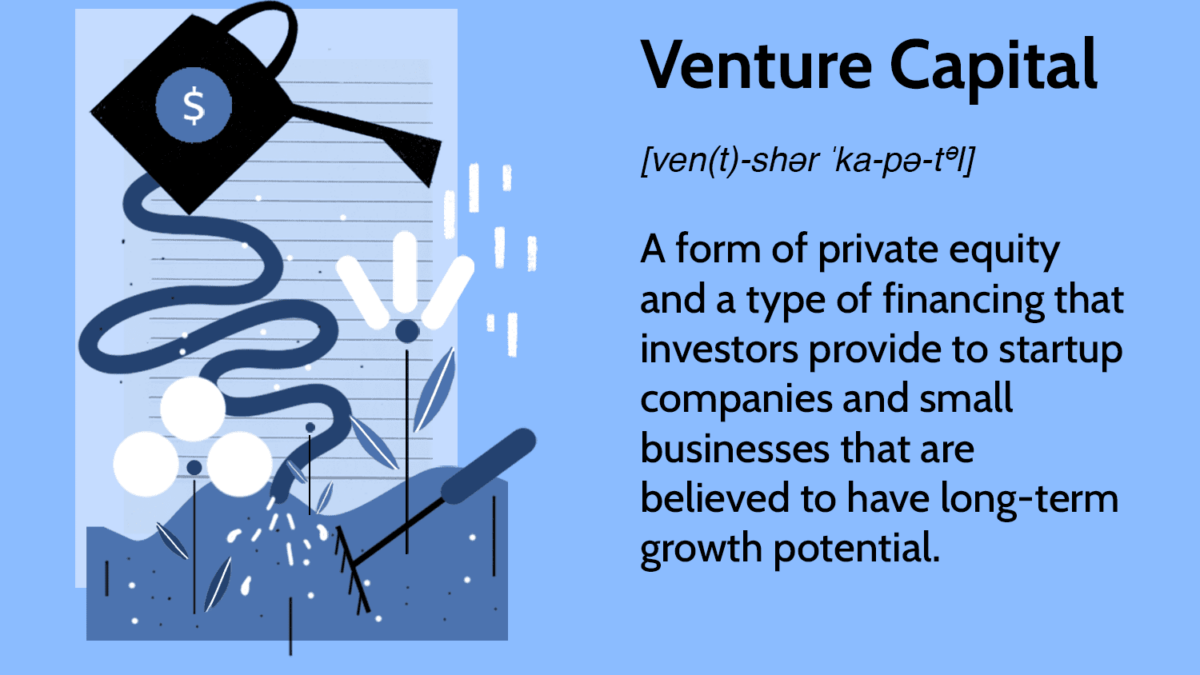
Hedge funds are private investment vehicles that pool money from accredited investors and use it to invest in a variety of assets, including stocks, bonds, derivatives, and other securities. Hedge funds are typically more aggressive than mutual funds and are often used by sophisticated investors who are looking for high returns.
Hedge funds were first created in the 1940s by Alfred Winslow Jones, who developed a strategy of using short-selling and leverage to reduce risk and generate profits. Jones’s fund, A.W. Jones & Co., was one of the first hedge funds and is considered to be the model for all hedge funds that followed.
Hedge funds have grown in popularity in recent years, and there are now an estimated 10,000 hedge funds in operation worldwide. The assets managed by hedge funds have also grown significantly, reaching $3.2 trillion in 2022.
There are many different types of hedge funds, each with its own investment strategy. Some of the most common types of hedge funds include:
- Long/short equity funds: These funds buy long positions in stocks that they believe will increase in value and sell short positions in stocks that they believe will decrease in value.
- Global macro funds: These funds invest in a variety of assets, including stocks, bonds, currencies, and commodities. They use a variety of strategies, including long/short equity, trend following, and event-driven investing.
- Fixed-income arbitrage funds: These funds take advantage of pricing discrepancies between different fixed-income securities.
- Relative value funds: These funds invest in assets that are expected to move in the same direction relative to each other.
- Event-driven funds: These funds invest in companies that are involved in mergers, acquisitions, bankruptcy, or other events that are likely to have a significant impact on their stock price.
Hedge funds are typically subject to less regulation than mutual funds. This allows them to use more sophisticated investment strategies and to take on more risk. However, it also means that hedge funds are not as transparent as mutual funds and that investors may have a harder time getting information about their investments.
Hedge funds can be a good investment for accredited investors who are looking for high returns and who are willing to take on more risk. However, it is important to remember that hedge funds are not without risk and that investors should carefully consider their investment objectives and risk tolerance before investing in a hedge fund.
Here are some of the benefits of investing in hedge funds:
- Potential for high returns: Hedge funds have the potential to generate high returns, especially in periods of market volatility.
- Diversification: Hedge funds can help to diversify a portfolio and reduce risk.
- Access to experienced managers: Hedge funds are typically managed by experienced professionals who have a proven track record of success.
Here are some of the risks of investing in hedge funds:
- High fees: Hedge funds typically charge high fees, which can erode returns.
- Leverage: Hedge funds often use leverage, which can magnify losses if the market declines.
- Illiquidity: Hedge funds are often illiquid, which means that it can be difficult to sell your investment if you need to.
- Risk of fraud: There have been some cases of hedge fund fraud, so it is important to do your research before investing.
If you are considering investing in a hedge fund, it is important to do your research and to understand the risks involved. You should also make sure that you are comfortable with the investment strategy and the fees charged by the fund.


